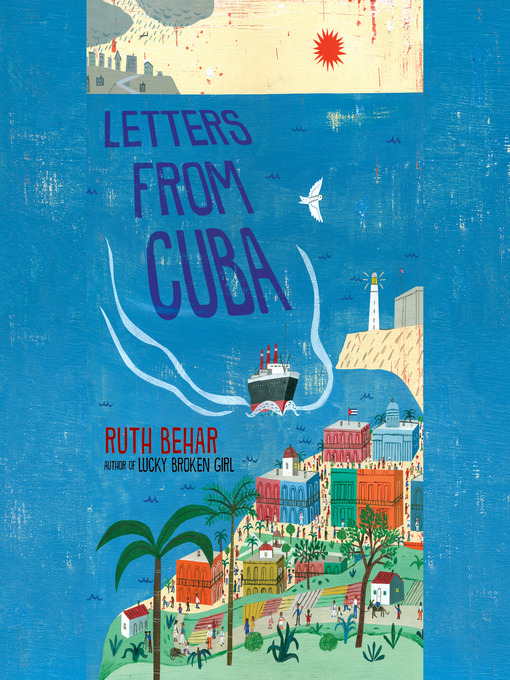- Hot and Ready eBooks!!
- New eBook additions
- Try something different
- Most popular
- Let's Cook!
- Happily Ever After
- New Year, New Hobbies
- See all ebooks collections
- Hot and Ready eAudio!!
- New audiobook additions
- Try something different
- Most popular
- Award Winners
- Full Cast Productions
- Happily Ever After
- See all audiobooks collections



